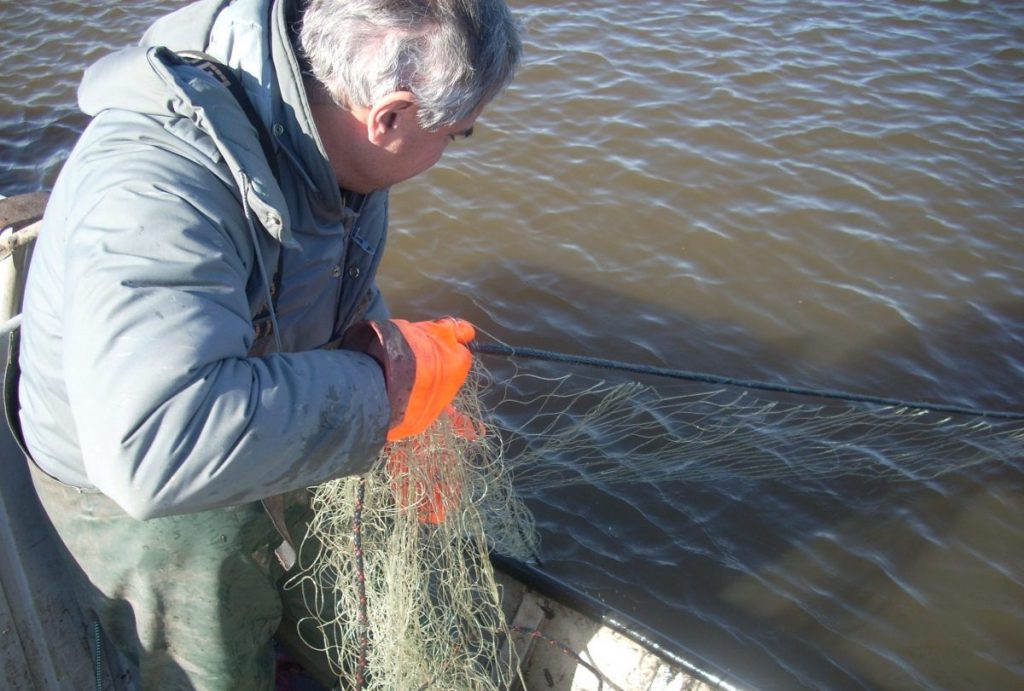Present only in a handful of streams in and surrounding Birmingham, Ala., the watercress darter thrives in the deep, slow-moving backwaters of springs overflowing with vegetation such as its namesake, watercress. This environment enables large populations of aquatic insects, crustaceans and snails — which make up the watercress darter’s diet — to survive and serves as the surface upon which this small, colorful fish lays its eggs.
Discovered in 1964 at Glenn Springs in Bessemer, Ala., by Samford University biologist Mike Howell, the watercress darter was subsequently listed as an endangered species by U.S. Fish and Wildlife Service (FWS) in 1970 due to its limited population. The species was later found at two other nearby sites, and although attempts were made to introduce the fish to several other springs, only one of those efforts — at Tapawingo Springs — was successful.
The watercress darter’s limited distribution makes it immensely vulnerable to threats — the most significant of which is declines in the quantity and quality of its habitat. The growth of development in the Birmingham area and the proximity of the sites where it has been found to highways has put both the watercress darter and its habitat at risk. “Rainfall cannot continue to recharge local springs at historic levels when the water is swiftly channeled off parking lots into drains,” the FWS recovery plan states.
Sewage contamination has also been known to have had dire effects on the species, leading to the decline of the original Glenn Springs population. Furthermore, in addition to predators like green sunfish, bluegills and sculpins, the watercress darter has been threatened by the introduction of other species to its habitat, such as grass carp, which has led to a reduction in vegetation critical for its survival.
As part of the recovery effort, in 1980, FWS purchased Thomas Springs and seven acres of habitat downstream and established the site as the Watercress Darter National Wildlife Refuge.
With another population found at Seven Springs in Birminghams’ West End neighborhood in 2003, the watercress darter is now believed to exist at five sites in the Black Warrior River system, all in Jefferson County, Ala., according to FWS. Despite this finding, surveys conducted in 2006-2008 and 2011 revealed that while some populations have remained stable, others have declined.
But it’s not all doom and gloom for the watercress darter. In 2018, the Freshwater Land Trust completed a habitat enhancement project at Roebuck Springs, in collaboration with FWS and the city of Birmingham. The project included replacing some asphalt areas near the spring with permeable bioswales and natural areas to prevent hot water from flowing directly into the species’ habitat and damaging stream banks.
“It is a cool example of a nonprofit organization, the federal government and a municipality all working together to do what they can for an endangered species,” Jeffrey Drummond, stewardship director at Freshwater Land Trust, told AL.com.





